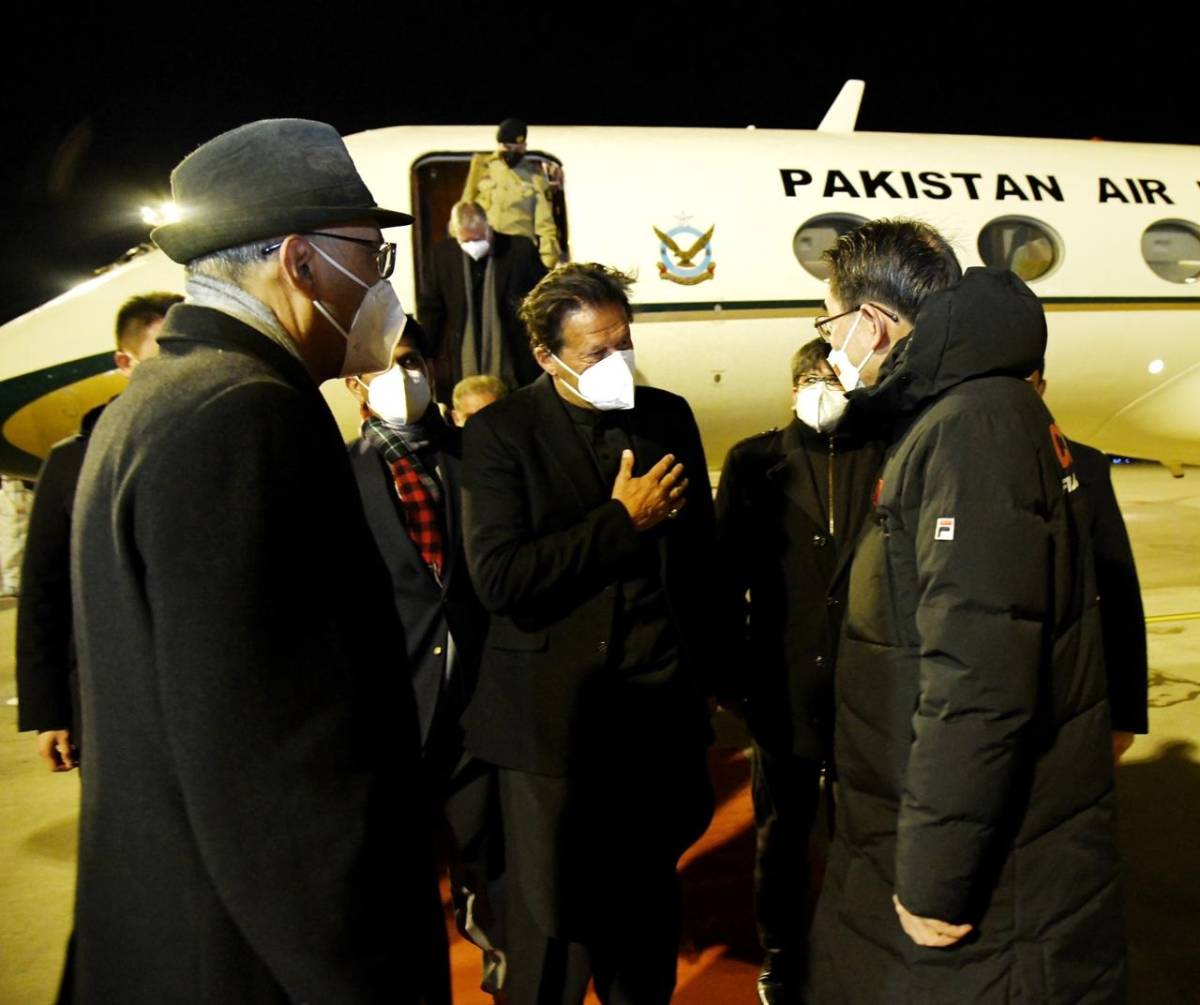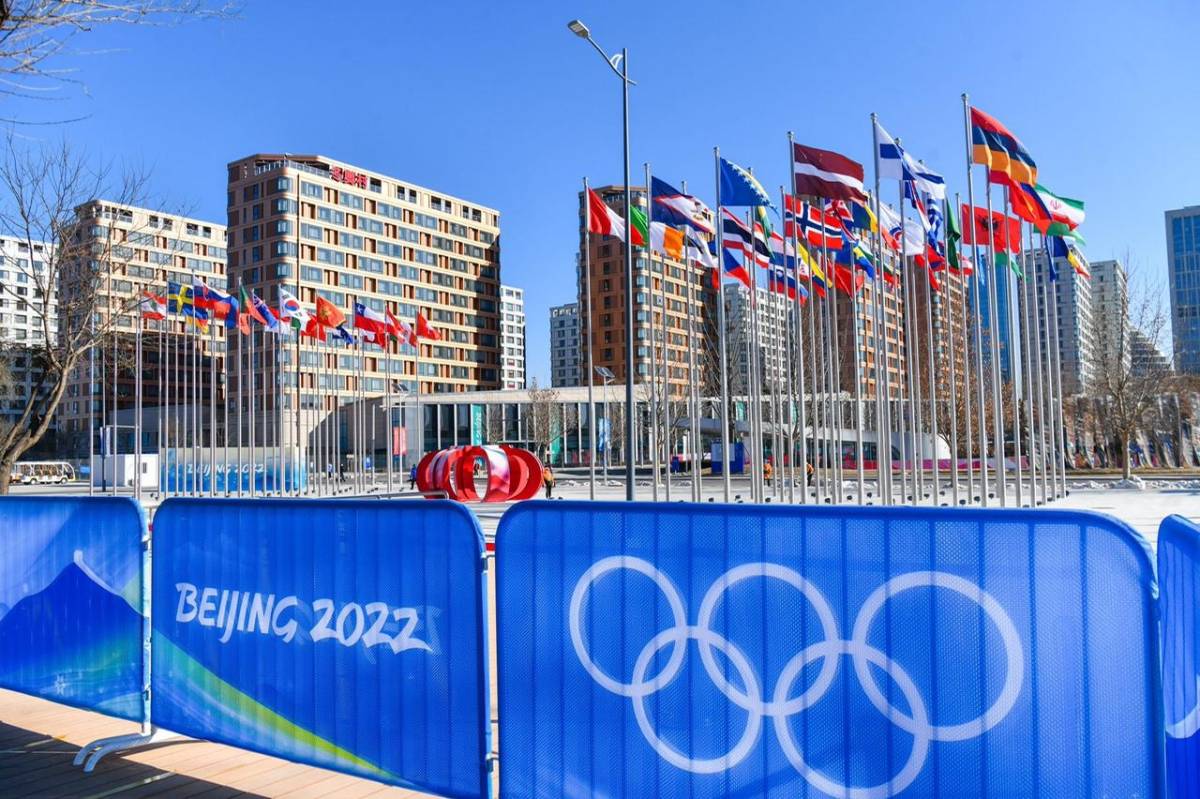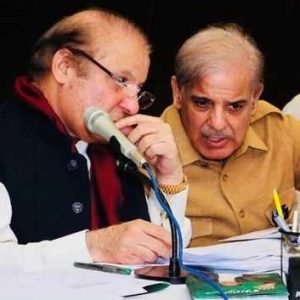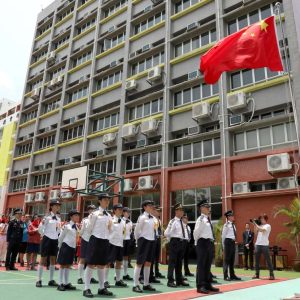The CPEC authority last week during a meeting with Khan cautioned that Chinese Independent Power Producers (IPPs) may soon suspend their operations under Power Purchase Agreement…reports Asian Lite News
Pakistan Prime Minister Imran Khan’s visit to China during Winter Olympics largely aims to seek financial relief from the communist regime on Belt and Road debts but rising security concerns could kill many key projects, according to a media report.
The Pakistan Prime Minister is scheduled to meet Chinese President Xi Jinping and other officials in China where discussions will inevitably turn toward the USD 1.5 billion in overdue payments Pakistan owes Chinese energy companies that have built power plants as part of the USD 60 billion China-Pakistan Economic Corridor (CPEC), reported Asia Times.
The Chinese-built power units may go into default if unpaid dues are not cleared soon, the CPEC authority had warned earlier.
The CPEC authority last week during a meeting with Khan cautioned that Chinese Independent Power Producers (IPPs) may soon suspend their operations under Power Purchase Agreements due to the rising prices of coal on international markets.

For China, CPEC is a part of major strategic value in South Asia. But the CPEC’s power plant component, which has seen the construction of several new electricity generating facilities in recent years, has bogged down the wider corridor amid perceptions in Pakistan that the financial terms of building and take-or-pay power contracts that require Islamabad to pay for power even if it is not delivered and transmitted are tilted overwhelmingly to China’s advantage, according to Asia Times.
The power purchase agreements are heavily loaded in China’s favour and are imposing unsustainable costs on the national economy and finances, Asia Times quoted Qaiser Bengali, a distinguished economist who heads the Social Policy and Development Center (SPDC) and Karachi and Sustainable Development Policy Institute (SDPI), as saying.
Bengali also laid emphasis that Islamabad had allowed a guaranteed 15 per cent clear profit to the Chinese power companies over the cost of their investment. But those investors have misused this facility by inflating the investment cost to increase their percentage in profit from 15 to 30 per cent.
The economist also said that China-Pakistan Free Trade Agreement has also been weighted in Beijing’s favour. (ANI)]













